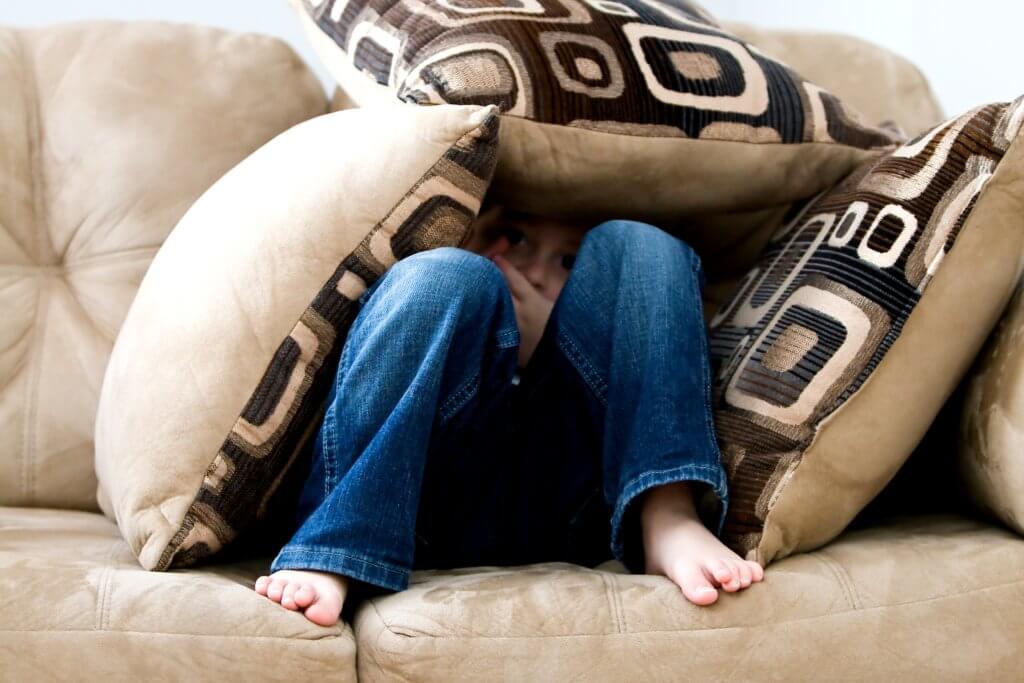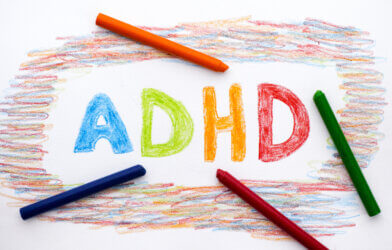The COVID-19 pandemic has brought a considerable amount of grief and anxiety into the lives of individuals everywhere. In many cases, the pandemic has isolated people from friends and family and its effects have taken a toll on the mental health for millions. It is a particularly difficult time for people who are already experiencing stress and change, such as adolescents going through puberty. Fortunately, researchers say that certain strategies can protect the mental health of young adults from the most harmful effects of the pandemic.
Supportive relationships with friends and family — sharing plans for the coming day or participating in family activities — and healthy habits like physical activity and good-quality sleep proved to be the best defense against the “pandemic blues,” according to data from more than 3,000 adolescents between eleven and 14 and their families. In contrast, low-quality relationships, additional screen time, and witnessing pandemic-related discrimination caused psychological distress. Girls turned out to be more vulnerable to distress during the pandemic than boys.
“Early adolescence is a time when youth are already experiencing rapid change physically, emotionally, and socially, and the COVID-19 pandemic has caused immense disruption to this sensitive stage in life,” says Dr. Nora D. Volkow, director of the National Institute on Drug Abuse (NIDA), which supported the study, in a statement. “This study helps us understand how modifiable lifestyle factors affect the mental health and well-being of adolescents, and it can inform the development of interventions to protect youth during a major life stress. This is important now, as we continue to grapple with the pandemic, and also in future crisis response at the local or national level.”
For the study, researchers analyzed data recorded before and during the early months of the COVID-19 pandemic in 2020, from a pre-pandemic assessment from February 2020 and three online COVID-19 surveys conducted between May and August 2020. For the February assessment, parents or caregivers reported on the adolescents’ behavior (externalizing problems, such as negative behavior, poor sleep), and adolescents described their emotions (internalizing problems, for instance, feeling anxious or depressed). The online surveys included psychosocial and lifestyle questions.
The researchers used machine learning methods to identify positive and negative patterns in the data. To interpret the results, they used algorithm ranking variables — including physical activities, screen time, and sleep — by their potential to predict mental health outcomes.
“Focusing on what you can do to support young people, like maintaining as much of a routine as possible, walking at least ten minutes a day, and strengthening family relationships, really matters during times of stress,” says Fiona C. Baker, director of the Center for Health Sciences at SRI International.
The data used for the research came from the Adolescent Brain Cognitive Development (ABCD) Study, the largest long-term study of brain development and child health ever conducted in the United States.
The research is published in the Journal of Adolescent Health.












